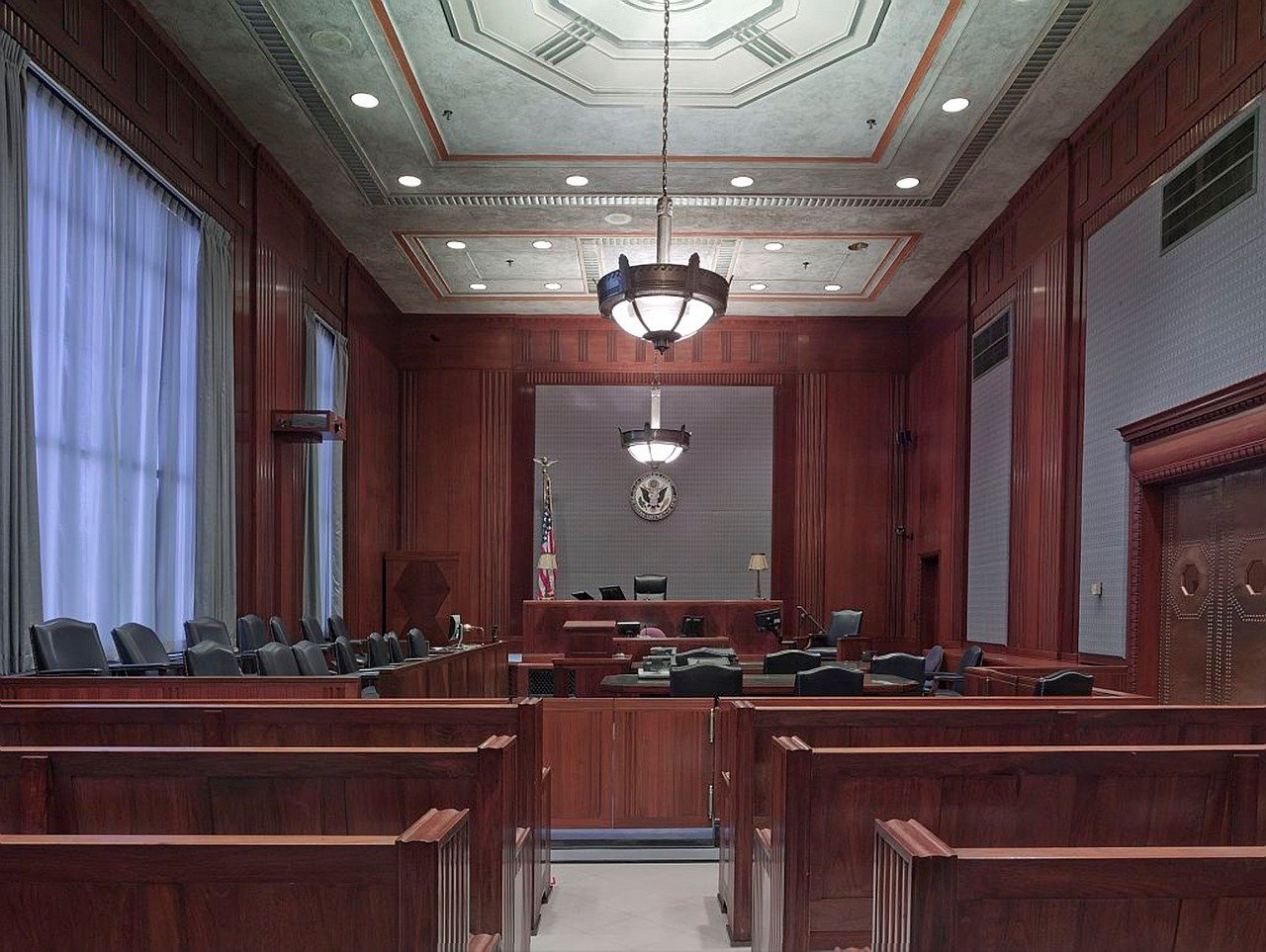April 22, 2021
In
News
By
Nina Arranza-Riley
April 22, 2021 – Minor ethnicities are vastly underrepresented in jury pools across the nation, and Washington State is spearheading the efforts to address this longstanding problem.
Research shows that a diverse jury is essential to creating fairer trials – however, the US is struggling to bring racial and ethnic minorities into jury pools.
Courts across the states are now looking to Washington State in hopes of understanding why this is happening and what can be done about it.
Back in 2017, the Washington State Minority and Justice Commission (MJC) and Washington Appleseed co-hosted an annual Supreme Court Symposium, focused on jury diversity and utilizing research to create a plan of action. Washington Appellate Project attorney Lila Silverstein spoke at the symposium. “Studies show that racially diverse juries spend more time deliberating, make fewer errors, and result in fairer trials than non diverse juries, yet the Equal Justice Initiative has concluded that there is perhaps no arena of public life in which racial discrimination is more widespread, apparent and seemingly tolerated than in the selection of juries,” she states.
She explains why this is happening: “The problem begins before the courthouse doors even open, when members of marginalized communities stay home with their children, or report to their job sites, instead of reporting for jury duty. For some it’s because they never even received the summons. For others it’s prohibitively expensive to forgo that day’s wages or to pay for childcare. And for others it’s a mistaken belief that a prior conviction precludes participation.”
Indeed, there have been a few studies on juries done in Washington already for the past few years on juries and why so few minorities participate. On one report analyzing data based on a 2016 and 2017 study conducted by the Seattle University, associate professor Peter A. Collins and assistant professor Brooke Gialopsos wrote: “There are clear patterns across all courts included in the present study that indicate that marginalized groups, in particular women of color, experience significant hurdles to participate in the jury process. Populations who experience multiple oppressions, such as those who identify as LGBTQ+, gender, and persons of color experience even more obstacles to participate.”
Thanks to these researchers and the symposium, solutions were sure to follow.
The MJC was asked by Chief Justice Mary Fairhurst to explore the recommendations set forth at the symposium. MJC created the Jury Diversity Task Force whose objective is to “examine a range of policy proposals that might have the effect of increasing minority representation on Washington State juries, and make recommendations to MJC about which approaches, if any, to pursue.”
In their 2019 Interim Report, the task force outlined many recommendations. Below are their highest priority suggestions:
- Expanding the jury source list beyond registered voters and driver’s license & state ID card holders and updating the list more frequently.
- Increasing juror compensation and researching feasibility of tax credits or deductions for service.
- Providing childcare for potential jurors.
- Pursuing a statutory amendment to define the phrase “civil rights restored” in RCW 2.36.070 and creating an education campaign targeted to courts to update wording of
their juror qualification questionnaires to clarify that individuals with felony convictions are allowed to serve on the jury (unless under DOC supervision).
- Streamlining the jury summons and follow-up process.
- Collecting jury demographic data.
Over time, these efforts are sure to alleviate the racial disparities within jury pools and help ensure that defendants are judged fairly and by a truly “representative cross-section” of the community.
For more information on this topic, please read this article: “Juries have a diversity problem. What’s being done to address it in Washington state?” by Alexis Krell.





